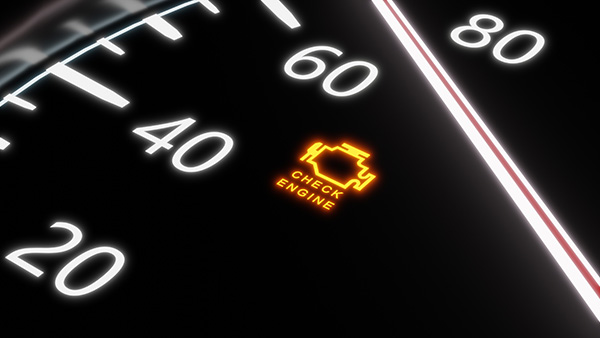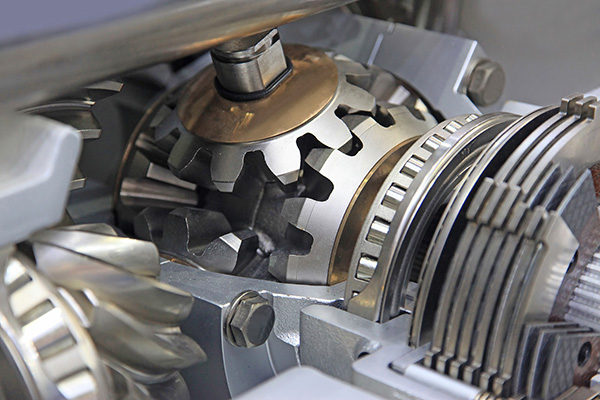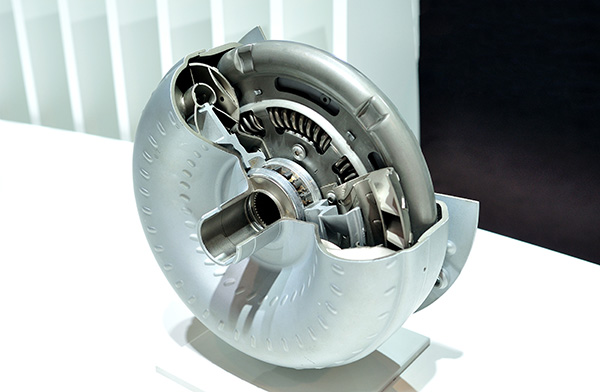Posted on 1/30/2026

When a transmission goes into limp mode, it can feel like the car suddenly slows down and becomes stubborn. You press the gas, and it responds, but it won’t shift the way it normally does, and the power feels limited. Sometimes it happens right after a hard merge, sometimes after a long drive, and sometimes during a random errand run. Limp mode is frustrating, but it’s usually the vehicle trying to prevent a smaller fault from turning into expensive internal damage. What Limp Mode Feels Like From The Driver’s Seat Most drivers notice one of two things first. Either the vehicle feels stuck in one gear, or it shifts in a way that feels wrong, harsh, delayed, or both. You may also notice the engine revs higher than usual because the transmission is not moving through gears normally. In some cars, the throttle response feels muted, like the computer is holding the vehicle back. That’s not your imagination. The powertrain system often limits torq ... read more
Posted on 12/19/2025

A new clunk from underneath the car can be unnerving, especially when you shift into gear or roll on and off the throttle. Sometimes it shows up only when you first pull away, other times you hear it every time the vehicle shifts or coasts. That sound usually means something in the drivetrain has too much play and is taking up that slack with a thump. Two of the most common suspects are the transmission and the U-joints in the driveshaft. What That Clunking Noise Really Sounds Like Drivers often describe driveline clunks as a single, solid “thunk” when shifting from park to drive or from drive to reverse. You might hear it when you lift off the gas and then get back on it again, as the load changes. In some cases, there is a light rattling or knocking at low speed that smooths out as you accelerate. If the noise seems to come from the middle or rear of the vehicle instead of right under the hood, it is a strong hint ... read more
Posted on 11/28/2025

A transfer case quietly splits power between the front and rear axles so traction feels effortless on wet roads, boat ramps, and sandy trails. When it starts to leak, the first clue is often a small wet spot under the center of the vehicle. That small spot matters. Transfer case fluid is the only thing separating precision gears and chains from heat and wear. If the level drops, parts run dry, temperatures climb, and repairs get expensive fast. What a Transfer Case Does in Plain Terms Think of the transfer case as the traffic cop for torque. On a part-time 4x4, it connects or disconnects the front axle. On many All Wheel Drive systems, power is sent forward through a clutch pack or a center differential. Inside are gears, chains, bearings, and seals that rely on clean fluid to reduce friction and carry away heat. Any leak lowers that margin of safety. Common Places Leaks Begin Most leaks start at soft parts that age. Input and output shaft seals ha ... read more
Posted on 10/31/2025

A weekend camping trip sounds relaxing, but if you’re towing a trailer, driving up steep hills, or spending time in stop-and-go traffic, your transmission might not be having such a good time. Fall temperatures may feel mild, but transmission heat builds quickly under load, especially when your vehicle is working harder than usual. Without proper maintenance and preparation, a scenic fall getaway could end with a breakdown on the side of the road. Whether you’re driving an SUV, truck, or crossover, knowing how to protect your transmission during demanding trips is key to keeping it running smoothly long after the campfire goes out. The Role of Transmission Fluid in Temperature Control Transmission fluid does more than lubricate moving parts. It also cools the transmission by carrying heat away from internal components. When fluid gets old or low, it loses its ability to manage heat. That makes it more likely your transmission will overheat when under str ... read more
Posted on 9/26/2025

Smooth shifting is something most drivers take for granted, until it isn’t. If your vehicle hesitates, jerks, or vibrates when changing gears, there could be a problem within your automatic transmission system. One of the most overlooked yet critical components affecting shift quality is the torque converter. When it starts failing, rough shifts are often one of the first warning signs. We’ll explain how the torque converter works, the symptoms of failure, and why addressing the issue early can save you from costly repairs. What Does the Torque Converter Do In an automatic transmission, the torque converter plays a crucial role in transferring engine power to the transmission smoothly. It acts like a fluid coupling between the engine and the transmission, allowing your vehicle to idle while in gear and providing seamless acceleration. Inside the converter are several components, including the impeller, turbine, stator, and lockup clutch, all working tog ... read more